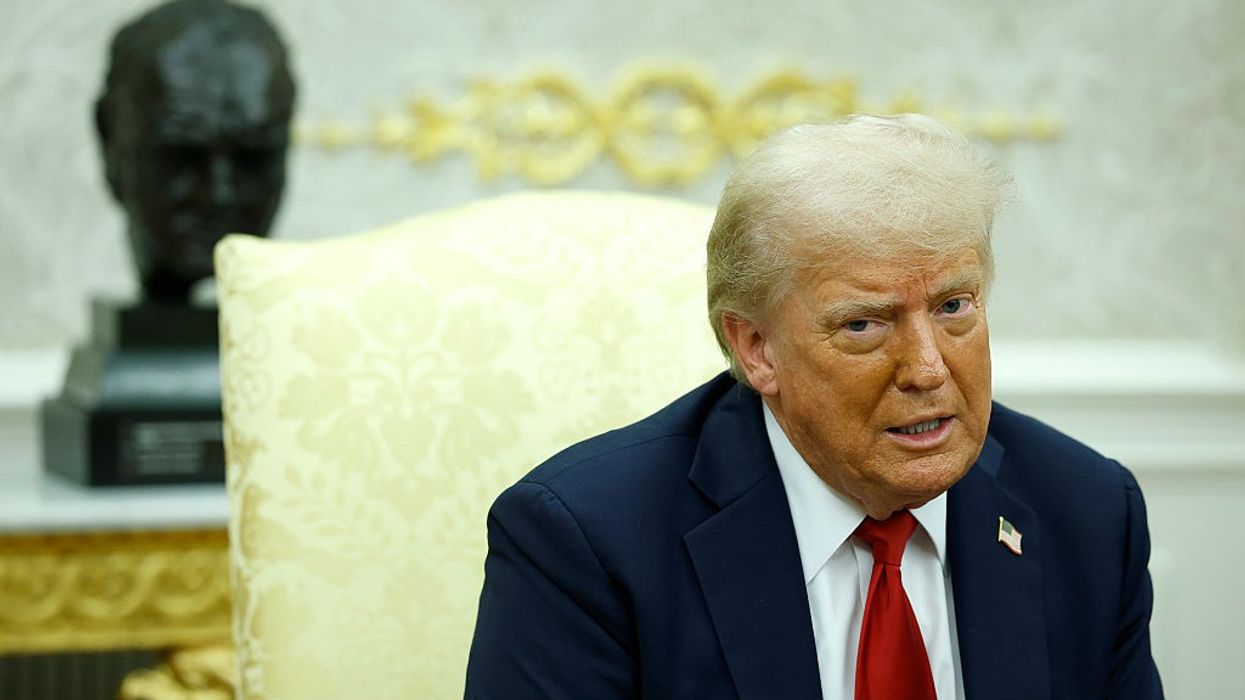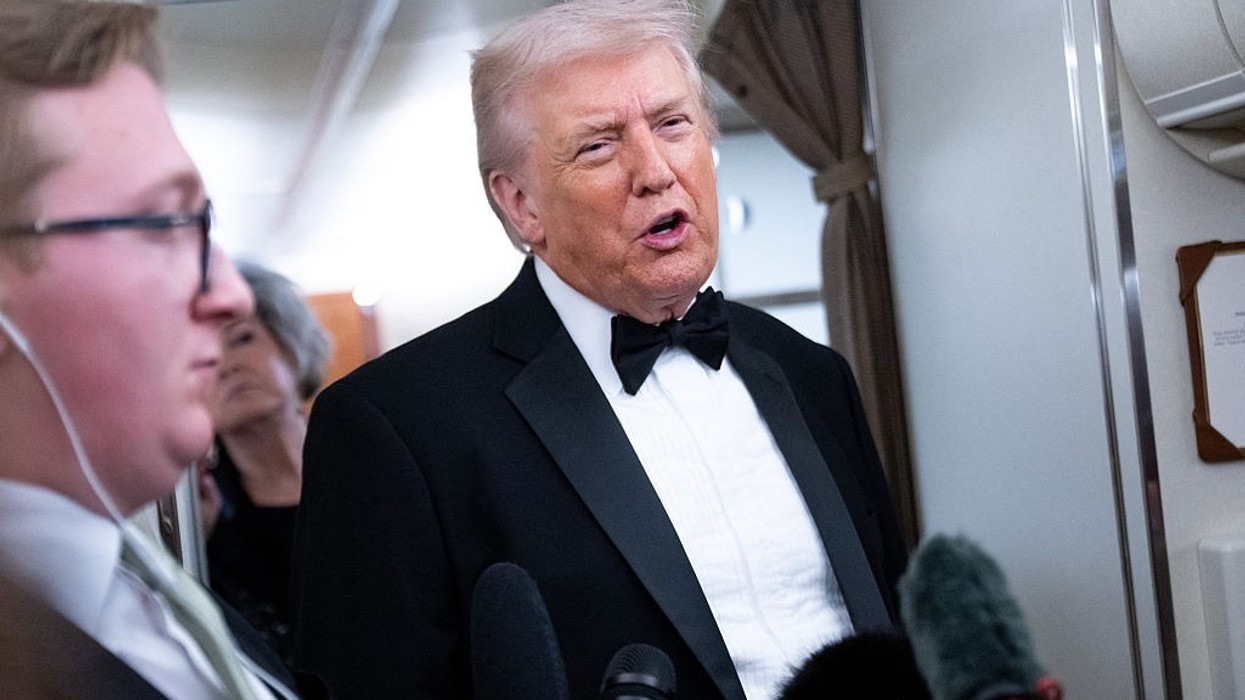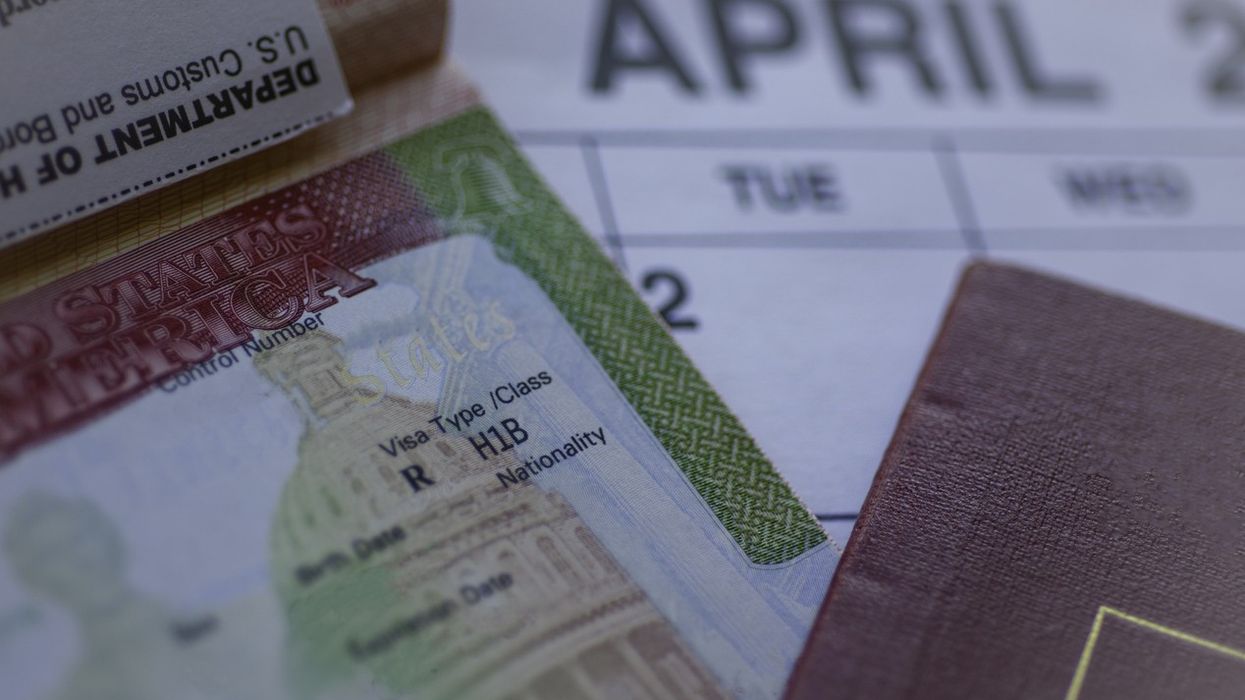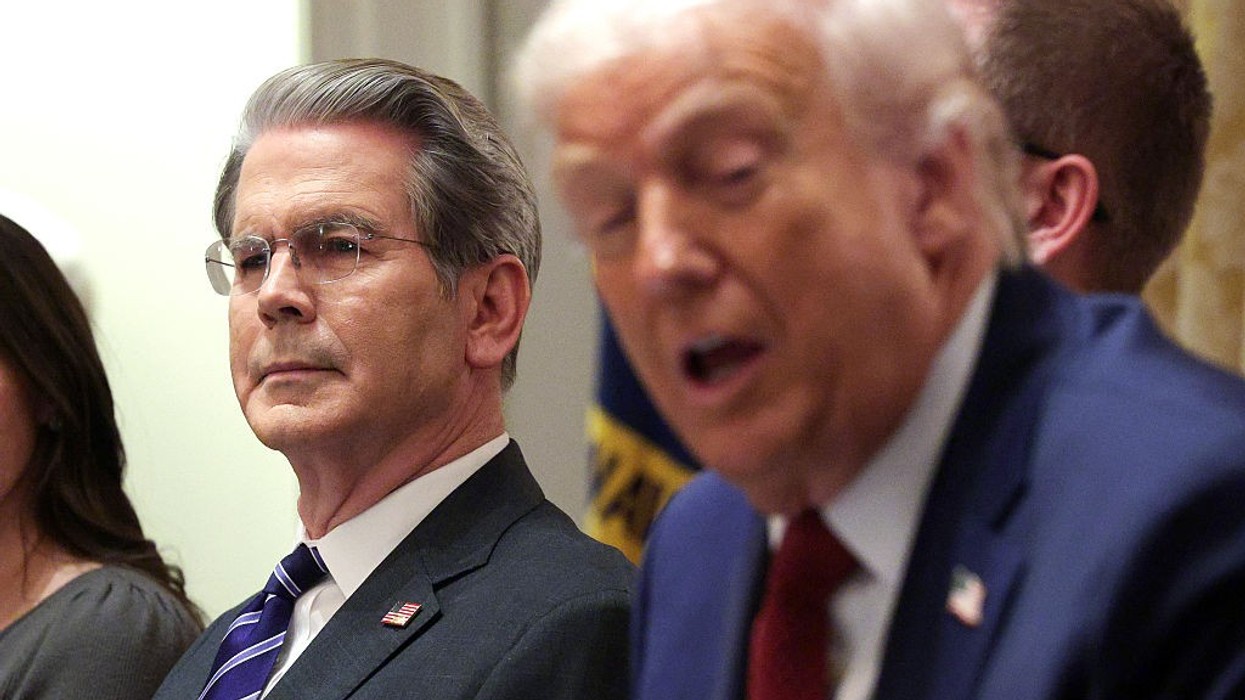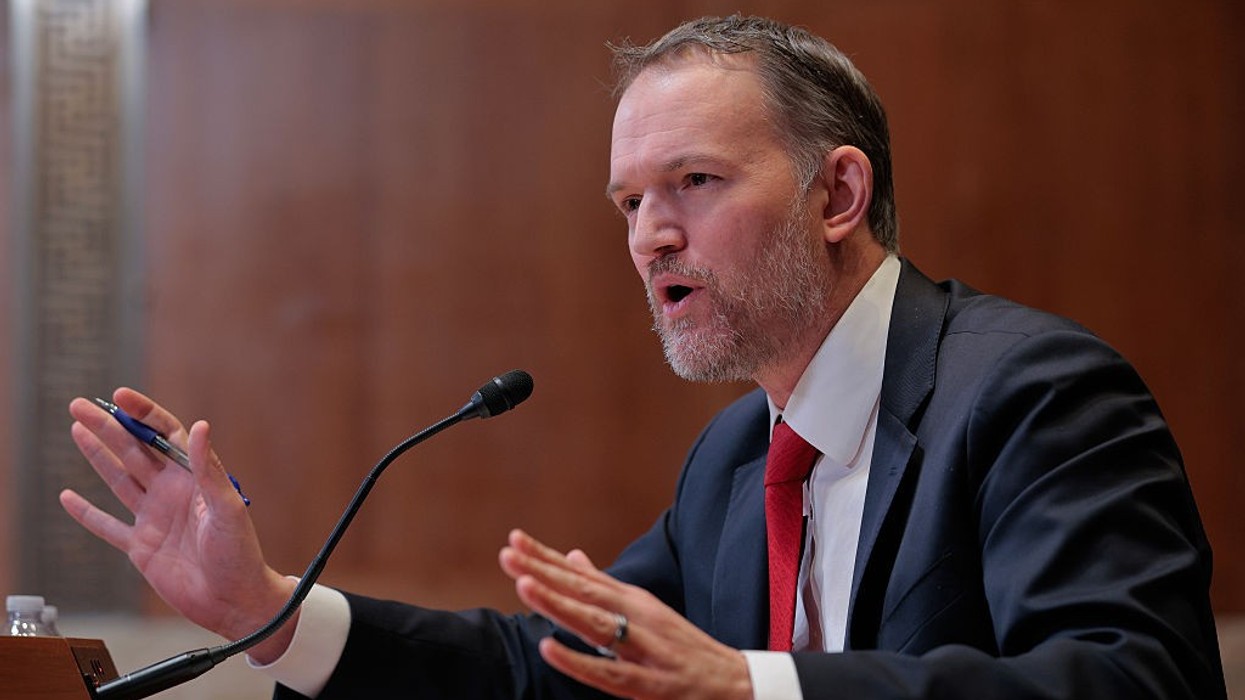President Donald Trump has ordered the U.S. Department of Justice to seek the release of grand jury testimony related to Jeffrey Epstein, responding to mounting pressure from his supporters and ongoing public scrutiny of the case.
In a statement posted on his Truth Social platform, Trump said, "Given the absurd level of attention surrounding Jeffrey Epstein, I have requested Attorney General Pam Bondi to provide any and all pertinent Grand Jury testimony, subject to Court approval." He also described the controversy as a "SCAM perpetuated by the Democrats," urging immediate action to bring transparency to the case.
Shortly after Trump’s directive, Attorney General Bondi confirmed the Justice Department’s readiness to move the court for approval to unseal the grand jury transcripts. "President Trump—we are ready to move the court tomorrow to unseal the grand jury transcripts," Bondi posted on X, reinforcing the administration's intention to fulfill the president's request.
This announcement comes after a turbulent week in which the administration reversed its earlier position—having initially promised the release of documents that could reveal major revelations, including "numerous names" and "extensive flight logs."
That reversal sparked outrage among Trump’s loyal supporters, some of whom openly called for Bondi’s resignation when the Justice Department concluded there was no evidence to support persistent conspiracy theories about a so-called "client list" or doubts about Epstein’s 2019 death being a suicide.
This rare rift within Trump’s base was fueled by a sense of betrayal over perceived unfulfilled promises and a lack of clear disclosures regarding powerful individuals who may have been associated with Epstein.
The renewed push for document release was further amplified by recent media attention—including a Wall Street Journal report alleging a bawdy birthday greeting bearing Trump's name was sent to Epstein in 2003. Trump has strongly denied the authenticity of the letter, calling it a "fake" and describing the story as "false, malicious, and defamatory," and has threatened legal action against the publication and its owner, Rupert Murdoch.
Epstein’s case has long been the subject of public fascination and controversy. Allegations of sexual abuse of minors first surfaced against the financier in 2006, leading to his initial arrest and plea deal that was widely criticized for its leniency.
He died by suicide in a New York jail in 2019 while awaiting trial on new sex trafficking charges, a death that spawned widespread conspiracy theories and demands for accountability regarding his associates. His former partner, Ghislaine Maxwell, was convicted for her role in sex trafficking.
Trump had previously pledged, both as a candidate and during his administration, to release relevant Epstein files as a demonstration of transparency. Now, with the Justice Department set to petition the court, it remains unclear whether the anticipated release will satisfy Trump’s supporters and whether any significant revelations are contained within the grand jury materials.
The legal process governing grand jury secrecy means that even with Trump’s directive, the final decision rests with the courts, and the timing or scope of any future release is uncertain.
